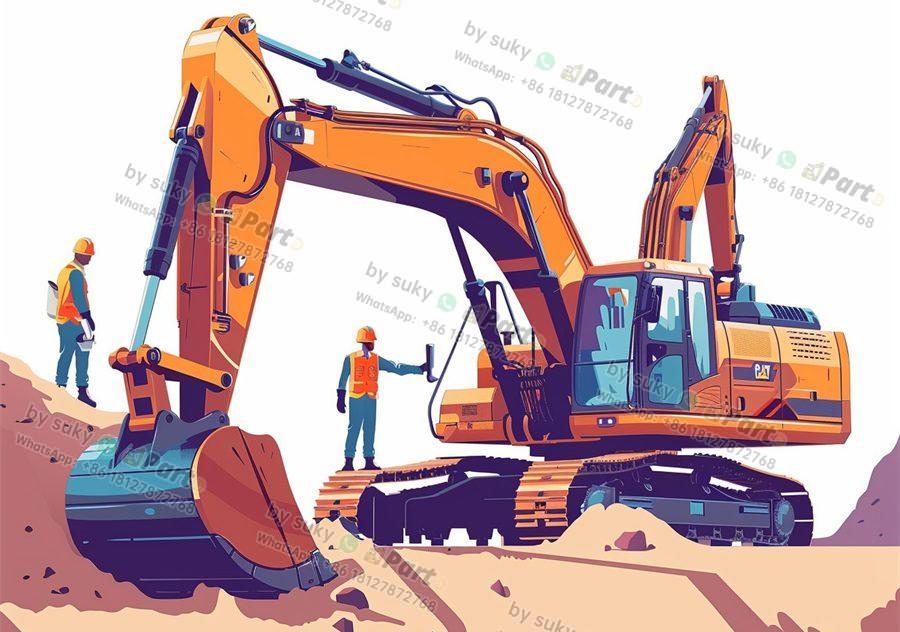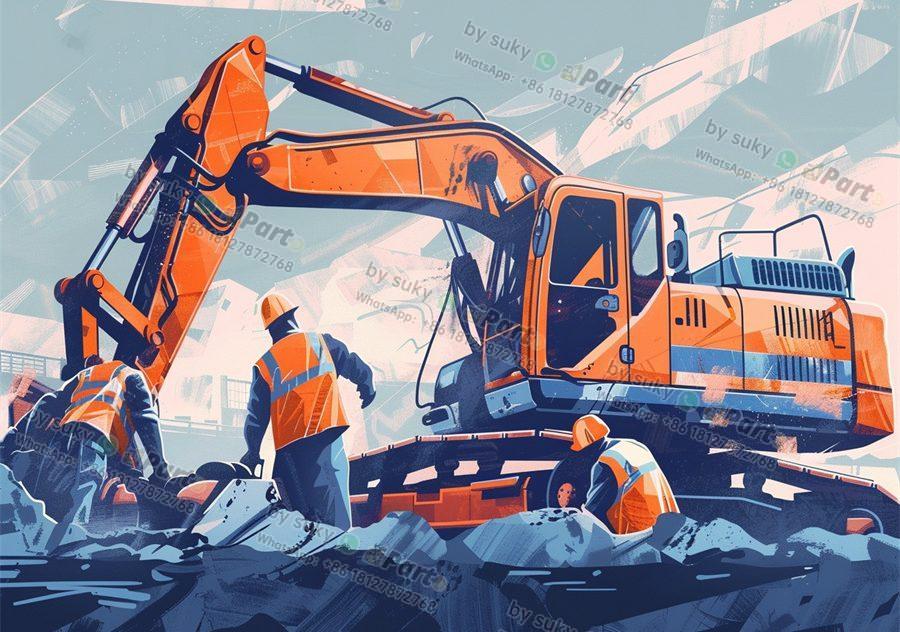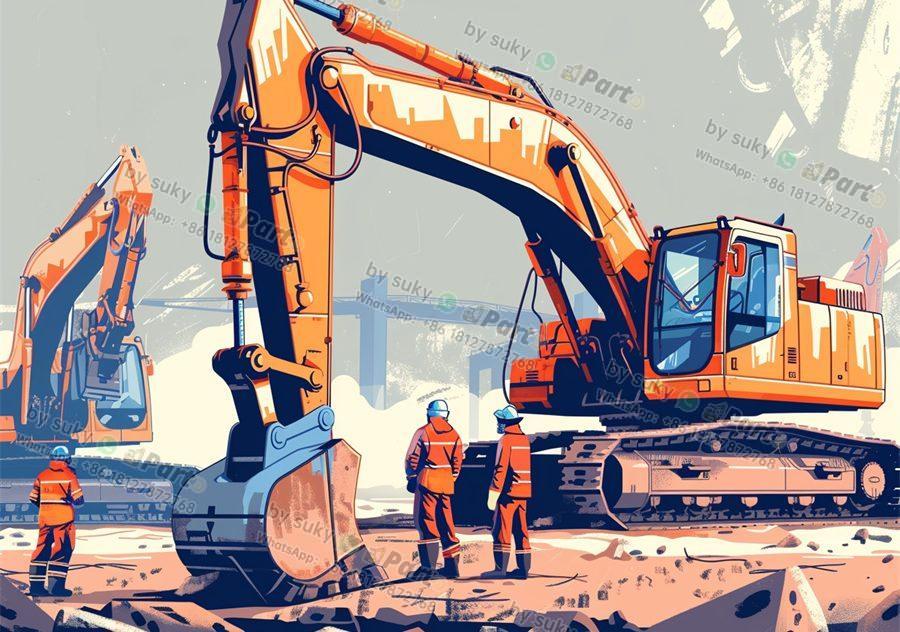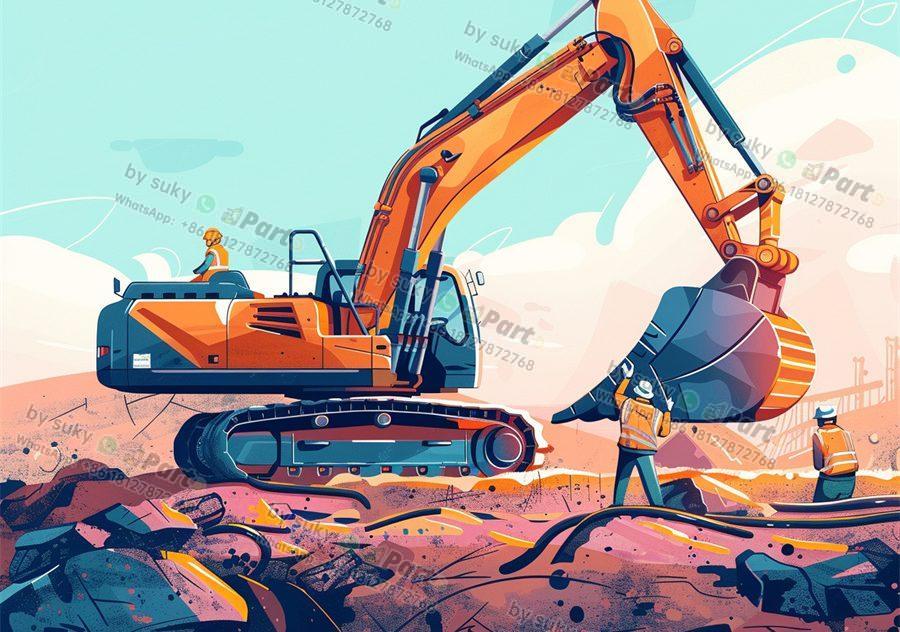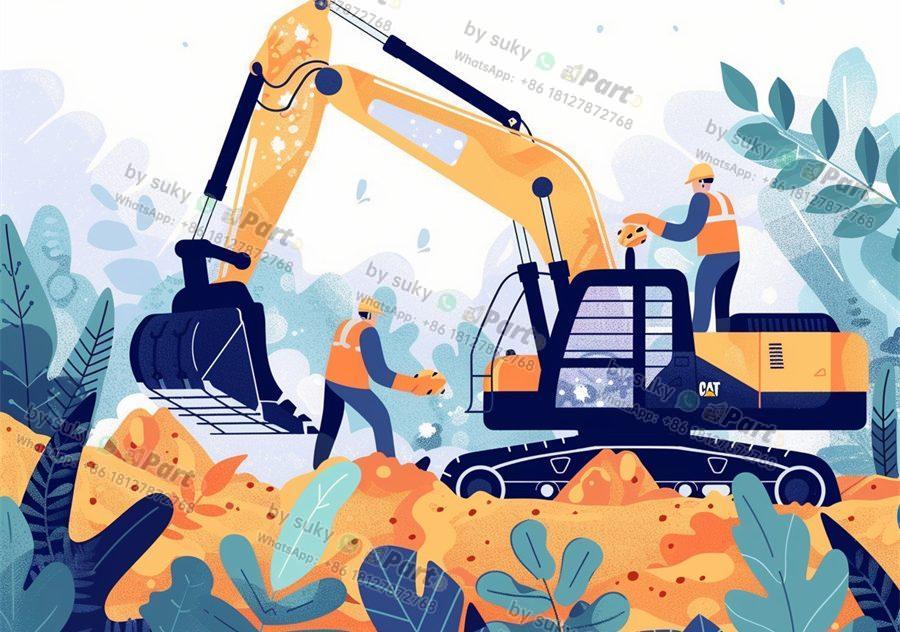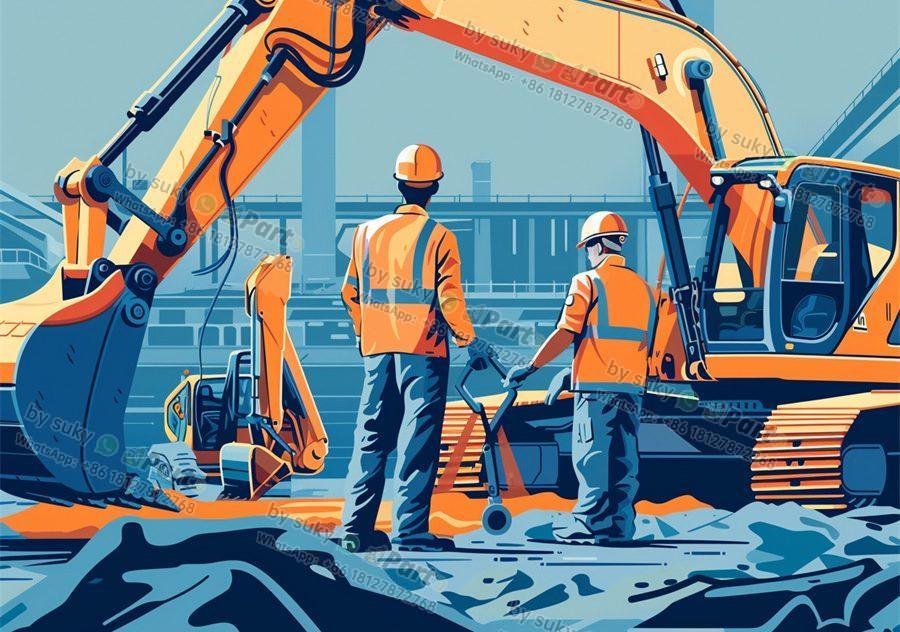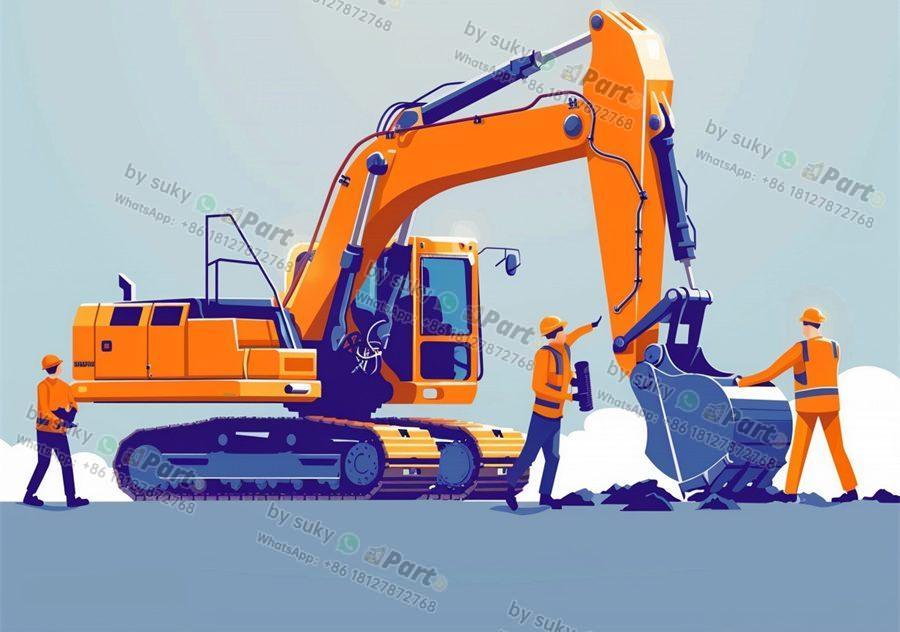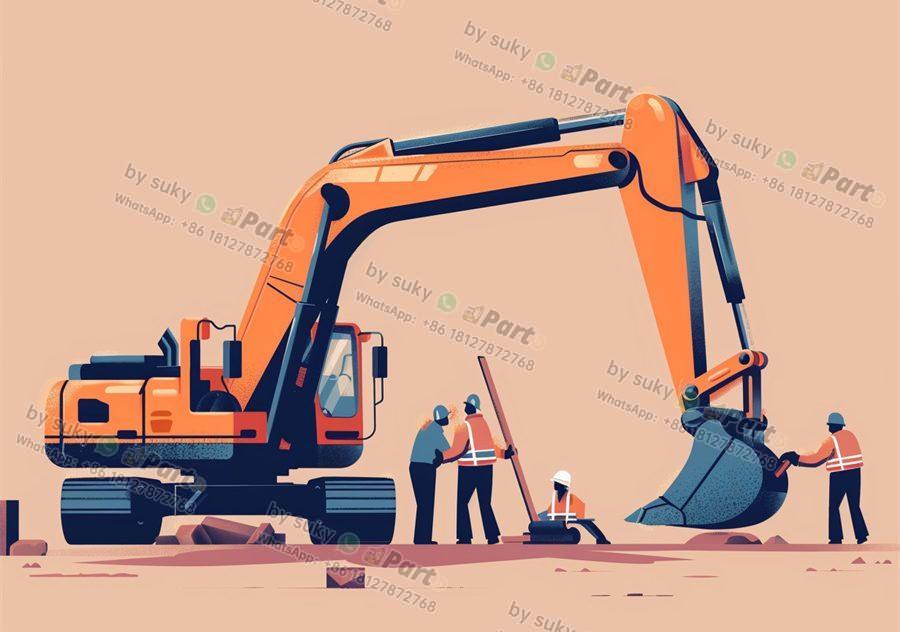When it comes to engineering vehicles, using genuine OEM parts can make a world of difference. OEM parts, or Original Equipment Manufacturer parts, are specifically designed and produced by the manufacturer of the vehicle. In this article, we will explore the benefits of using genuine OEM parts for engineering vehicles, and why importers and distributors should prioritize these high-quality components.
High Quality and Reliability
One of the main benefits of using genuine OEM parts for engineering vehicles is the high quality and reliability they offer. These parts are designed to fit perfectly and function seamlessly with the vehicle they were made for. This means that you can trust in the performance and durability of OEM parts, knowing that they are made to the exact specifications of the original components. This level of quality and reliability is crucial for engineering vehicles, which are often subjected to tough working conditions and heavy loads.
Ensuring Proper Fit and Compatibility
Another important advantage of using genuine OEM parts is that they ensure proper fit and compatibility with the vehicle. When you use OEM parts, you can be confident that they will work seamlessly with the rest of the vehicle’s components. This can help prevent costly repairs and downtime caused by mismatched or ill-fitting parts. By using OEM parts, you can maintain the integrity of the vehicle and ensure it performs at its best.
Maintaining Warranty Coverage
Using genuine OEM parts is also important for maintaining warranty coverage on engineering vehicles. Many manufacturers require that only OEM parts are used for repairs and maintenance in order to uphold the warranty. By using OEM parts, importers and distributors can protect their customers’ investment and avoid any potential issues with warranty claims. This can help build trust with customers and ensure that they are getting the best possible service for their engineering vehicles.
Overall, the benefits of using genuine OEM parts for engineering vehicles are clear. From high quality and reliability to proper fit and compatibility, OEM parts offer importers and distributors a reliable and efficient solution for maintaining and repairing vehicles. By prioritizing OEM parts, importers and distributors can ensure the success and longevity of their business, while providing customers with the best possible service and support.

